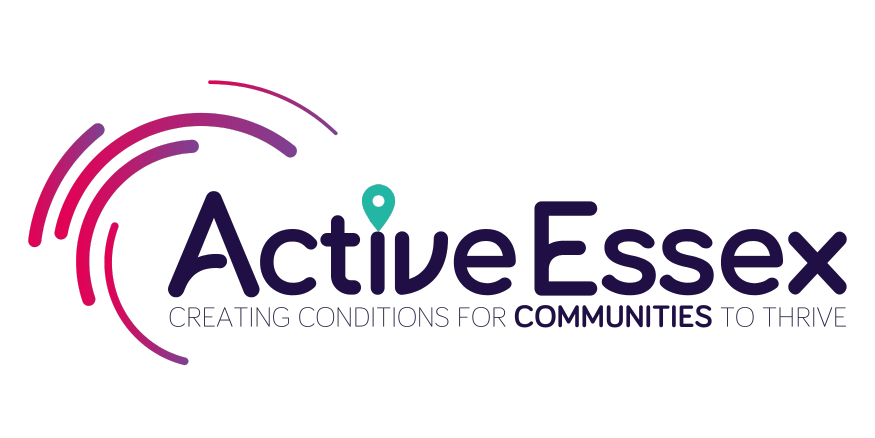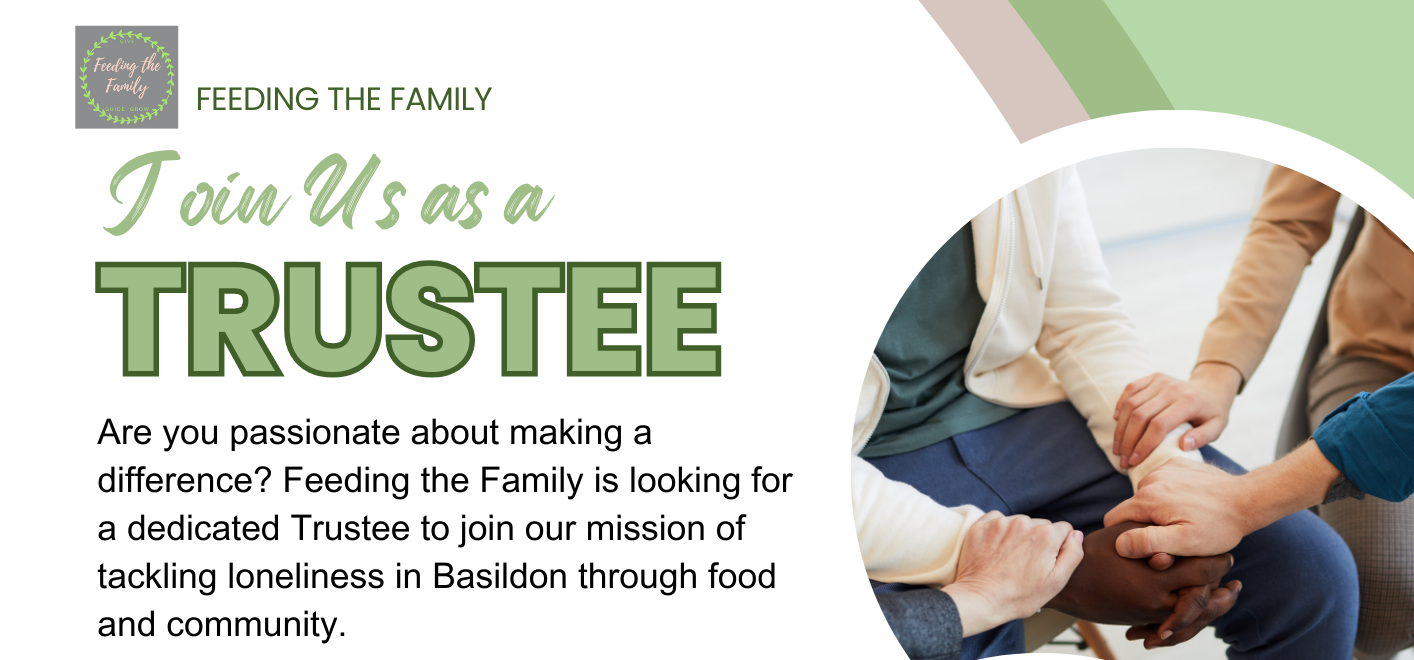Trauma can be defined as an event, or series of events, which are very stressful, frightening, distressing and/or disturbing. Causes of trauma include domestic abuse, sexual abuse, exposure to crime and bereavement; however, it is very much an individual reaction and there is no exhaustive list of causes. It is unusual for any of us to go through our life without experiencing some kind of trauma.
Trauma can be triggered at any stage in a person’s life and occurs when some kind of external factor causes them to recall the event which was traumatic to them. Again, triggers are very personal and hugely varied, but some common examples can include a smell, visual object or a certain word or phrase. The reactions caused by trauma are equally unique, but often can be likened to the symptoms of a panic attack. The instinct of the individual may well be to retreat, shut down on an emotional and/or communicative level, or to react with a desire to protect themselves. Reactions can manifest on a physical, emotional and psychological manner. The effects have a huge impact on the individual personally, not just in the moment when the trigger occurs but for some time after. They can be hugely debilitating and distressing for the individual concerned.
Trauma is by nature unpredictable and affects so many areas of life for those who live with it. It can manifest in the most mundane and unexpected of situations; for example, at a dental appointment or visiting a chiropractor, chatting with another carer at a support group or taking your child for a health check. It can result in the individual withdrawing and disengaging from these services, which leaves them in a position where they may not receive the level of care and support that they need and are entitled to.
It is these inequalities that we aim to address, and to do this ‘we need to bring change’, as Rosie, one of our Trauma Ambassador’s states. The Trauma Ambassador Group, with each individual member’s lived experience of trauma, has come together with the following aims.
- To educate and enhance the knowledge and understanding of trauma in those who commission, provide and deliver our health, care and wellbeing services with the aim of improving these services.
- To raise awareness of the effects of experiencing and living with trauma, thus creating better understanding within the public and professionals.
- To encourage those in similar situations to access support and empower them to improve their experiences.



Leave a Reply
You must be logged in to post a comment.